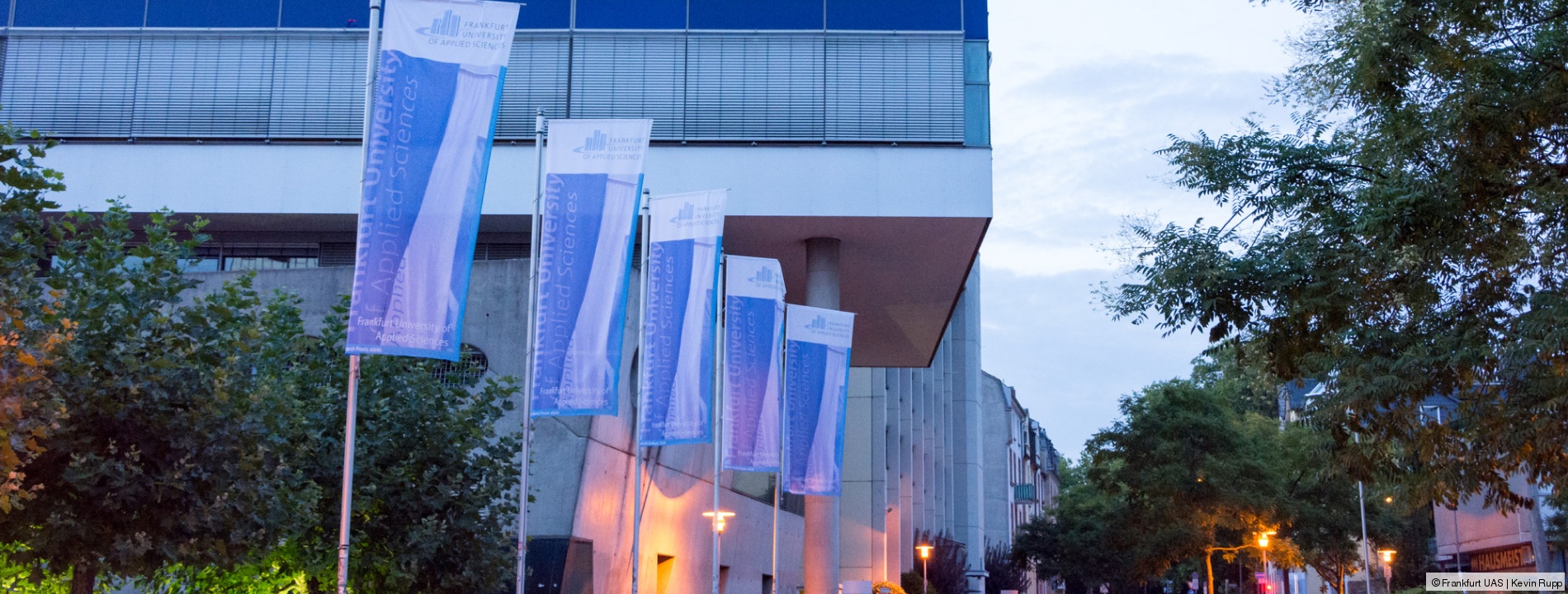The past few years have witnessed an above-average increase in the volume of shipments in Germany. The German Federal Ministry of Transport and Digital Infrastructure [Bundesministerium für Verkehr und digitale Infrastruktur] expects a 38% increase in road freight transport by 2030. The consequences of this are higher levels of environmental pollution due to emissions, as well as increased spatial coverage. This is accompanied by declining amenity quality, as well as conflict situations with other road users, particularly in urban areas. Limit values for nitrogen oxide emissions are being exceeded in a number of German cities, and as a result the EU Commission has already filed suit against them.
The growth of the CEP service provider industry, with its associated increase in traffic volumes, calls for innovative concepts that address urban conditions and the needs of all concerned. In response to this, plans are underway to use the existing infrastructure in Frankfurt, in particular the railway network of subways and streetcars. It is currently being investigated whether it is possible to deliver parcels in this way, and a pilot test is being carried out. In addition, delivery concepts on the “last mile” will be tested and evaluated to see whether they can be integrated into the delivery process via railway network. The objective is to reduce the number of delivery vehicles and hence emissions in inner-city areas.
The findings will be used for developing a delivery concept for (inner) cities via an existing (subway/streetcar) railway network.



